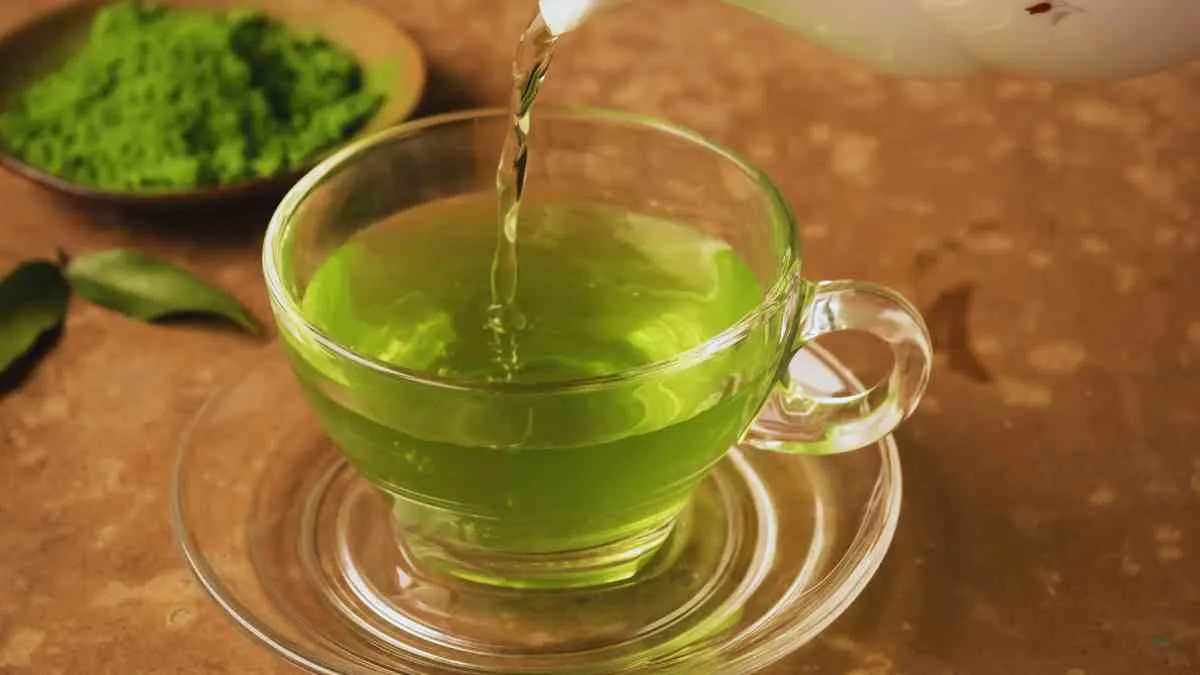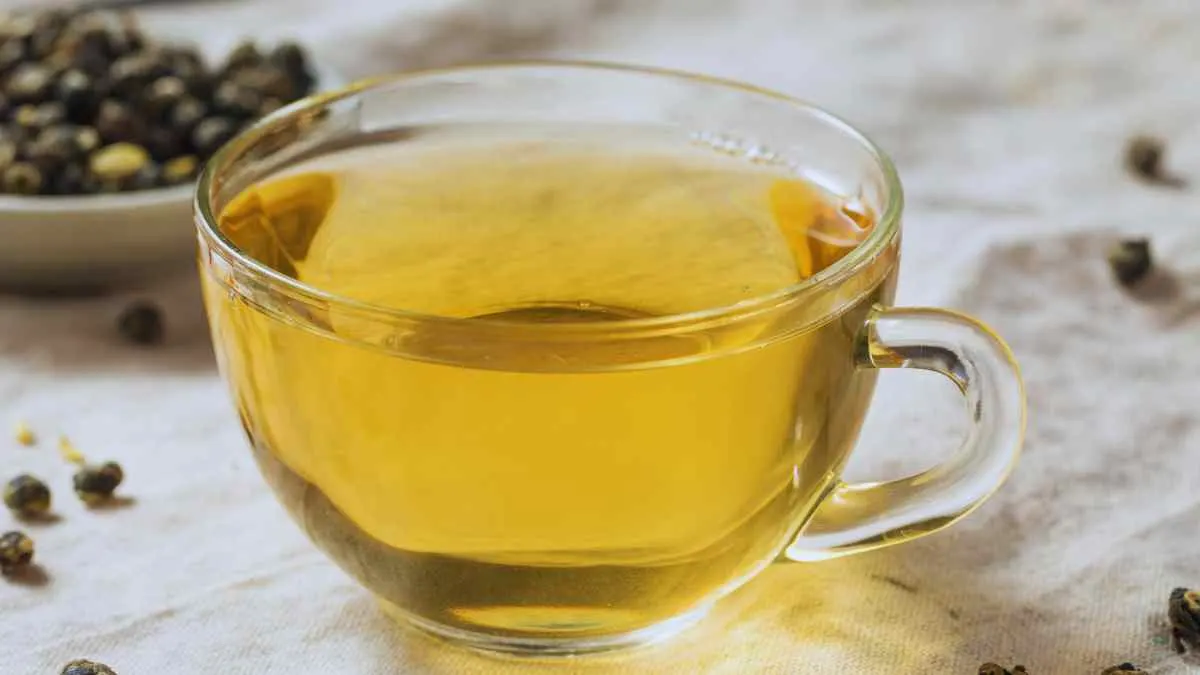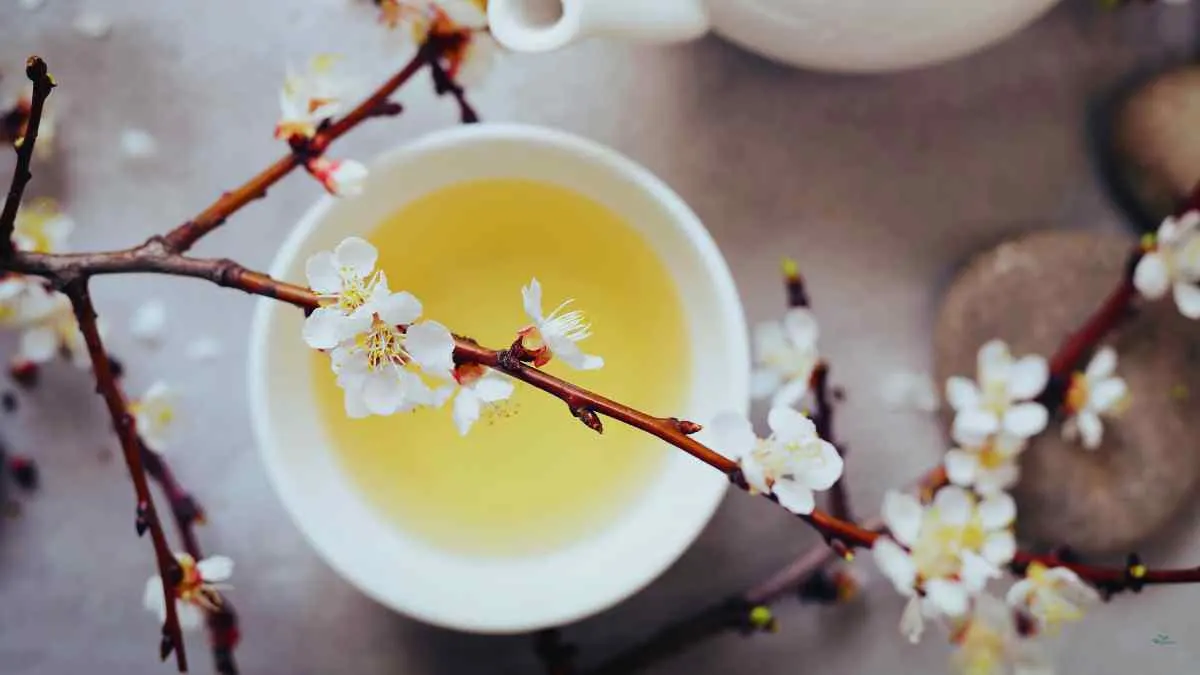Tea has been cherished for centuries, not only for its comforting warmth but also for its myriad health benefits.
Among the vast array of Cha available, four stand out for their exceptional contributions to overall well-being: Green Tea, Black Tea, Oolong Tea, and White Tea.
This guide delves into the unique health advantages of each, backed by scientific research and expert insights.
Meaning and Culture of Tea:
“Cha” is the word for tea in many languages, including Chinese, Japanese, and several other Asian cultures. The term originates from the Chinese word “chá” (茶), which spread through trade and cultural exchange.
Tea has a deep-rooted significance in various cultures, often associated with rituals, hospitality, and tradition. In Japan, the “chanoyu” or tea ceremony emphasizes mindfulness and respect. Similarly, in China, tea drinking is a symbol of respect and social connection.
Globally, tea serves as more than just a beverage—it is a cultural practice with rich histories and meaningful connections across generations.
4 Cha Types Inspirations:
1. Green Tea: The Antioxidant Powerhouse

Health Benefits
-
Rich in Catechins: Green tea is abundant in catechins, particularly epigallocatechin gallate (EGCG), which possess potent antioxidant properties. These compounds help combat oxidative stress and inflammation, potentially reducing the risk of chronic diseases Healthline.
-
Cardiovascular Support: Regular consumption of green tea has been linked to improved heart health. Studies suggest it can lower LDL cholesterol levels and reduce the risk of heart disease and stroke Cleveland Clinic.
-
Weight Management: Green tea may aid in weight management by enhancing fat oxidation and improving metabolic rate. Some studies indicate that it can increase calorie expenditure, supporting weight loss efforts Healthline.
-
Cognitive Health: The combination of caffeine and L-theanine in green tea can improve brain function, enhancing attention, memory, and mood. Long-term consumption has been associated with a reduced risk of cognitive decline Food & Wine.
-
Cancer Prevention: While more research is needed, the antioxidants in green tea may help protect against certain types of cancer by neutralizing free radicals and inhibiting tumor growth Healthline.
How to Enjoy
To maximize the benefits, brew green tea at 160–180°F (71–82°C) for 2–3 minutes. This preserves the delicate catechins and prevents bitterness.
2. Black Tea: The Heart-Healthy Choice

Health Benefits
-
Rich in Theaflavins: Black tea contains theaflavins, a type of antioxidant that may help lower cholesterol levels and improve blood vessel function, contributing to heart health UCLA Health.
-
Blood Sugar Regulation: Drinking black tea may help lower blood sugar levels following meals, potentially aiding in diabetes management Healthline.
-
Stroke Risk Reduction: Consuming at least two cups of black tea daily has been associated with a 16% reduction in the risk of stroke UCLA Health.
-
Improved Focus: The caffeine and L-theanine content in black tea can enhance alertness and concentration, providing a balanced energy boost without the jitters Healthline.
-
Cancer Prevention: Preliminary studies suggest that the polyphenols in black tea may help prevent certain types of cancer, including oral and skin cancers Healthline.
How to Enjoy
Brew black tea at 200–212°F (93–100°C) for 3–5 minutes. Adding a splash of milk can enhance flavor and provide additional antioxidants.
Recommended: How To Make Black Tea
3. Oolong Tea: The Metabolism Booster

Health Benefits
-
Weight Management: Oolong tea has been shown to increase fat oxidation and improve metabolic rate, aiding in weight loss and weight maintenance WebMD.
-
Heart Health: Regular consumption of oolong tea may reduce the risk of heart disease by improving cholesterol levels and blood pressure Healthline.
-
Blood Sugar Control: Oolong tea may help lower blood sugar levels following meals, supporting diabetes management Tea Drops.
-
Cognitive Function: The caffeine and L-theanine content in oolong tea can enhance brain function, improving attention and memory Art of Tea.
-
Antioxidant Properties: Oolong tea contains polyphenols that help combat oxidative stress, potentially reducing the risk of chronic diseases Healthline.
How to Enjoy
Brew oolong tea at 190–200°F (88–93°C) for 3–5 minutes. Its floral and fruity flavors can be enjoyed plain or with a slice of lemon.
4. White Tea: The Gentle Defender

Health Benefits
-
Antioxidant-Rich: White tea is packed with antioxidants, including catechins and polyphenols, which help protect against oxidative stress and inflammation Healthline.
-
Heart Health: The polyphenols in white tea may help relax blood vessels and reduce LDL cholesterol, lowering the risk of heart disease Healthline.
-
Weight Management: White tea may aid in weight loss by boosting metabolism and fat burning, similar to green tea Healthline.
-
Skin Health: The antioxidants in white tea can help protect skin from damage, reducing signs of aging and promoting a healthy complexion Healthline.
-
Dental Health: White tea contains fluoride and tannins that may help strengthen teeth and prevent cavities Healthline.
How to Enjoy
Brew white tea at 160–170°F (71–77°C) for 4–5 minutes. Its delicate flavor is best enjoyed without additives.
Last Call:
- Incorporating these four teas—green, black, oolong, and white—into your daily routine can offer a range of health benefits, from improved heart health to enhanced cognitive function.
- Each tea brings its unique properties, allowing you to choose the one that best fits your lifestyle and health goals.
- Moderation is key. While tea can be a beneficial addition to your diet, it’s important to consume it in appropriate amounts to avoid potential side effects, such as caffeine-related issues.
Common Questions:
Q1: Can I drink these teas if I’m sensitive to caffeine?
A1: Yes, but it’s advisable to choose decaffeinated versions or limit consumption to avoid potential side effects like insomnia or jitteriness.
Q2: How many cups of tea should I drink daily to reap health benefits?
A2: Consuming 2–3 cups per day is generally considered beneficial for most individuals.
Q3: Can I add milk or sugar to these teas?
A3: While you can add milk or sugar, doing so may alter the antioxidant properties of the tea. It’s best to enjoy them plain to maximize health benefits.
Q4: Are there any risks associated with drinking these teas?
A4: Excessive consumption can lead to side effects such as digestive issues or interference with iron absorption. It’s important to consume tea in moderation and consult with a healthcare provider if you have concerns.
By understanding the unique benefits of each tea and incorporating them thoughtfully into your diet, you can enhance your health and enjoy the rich flavors these beverages offer.

